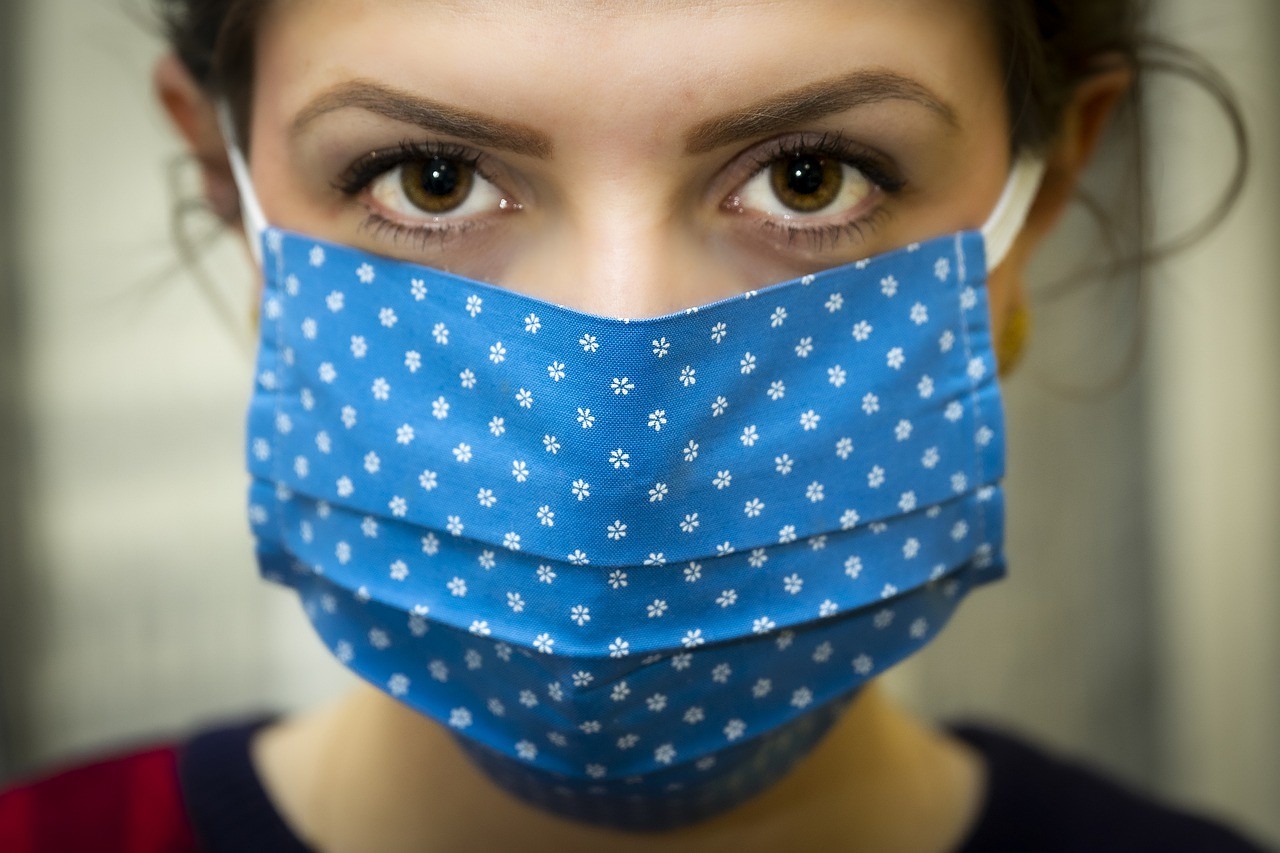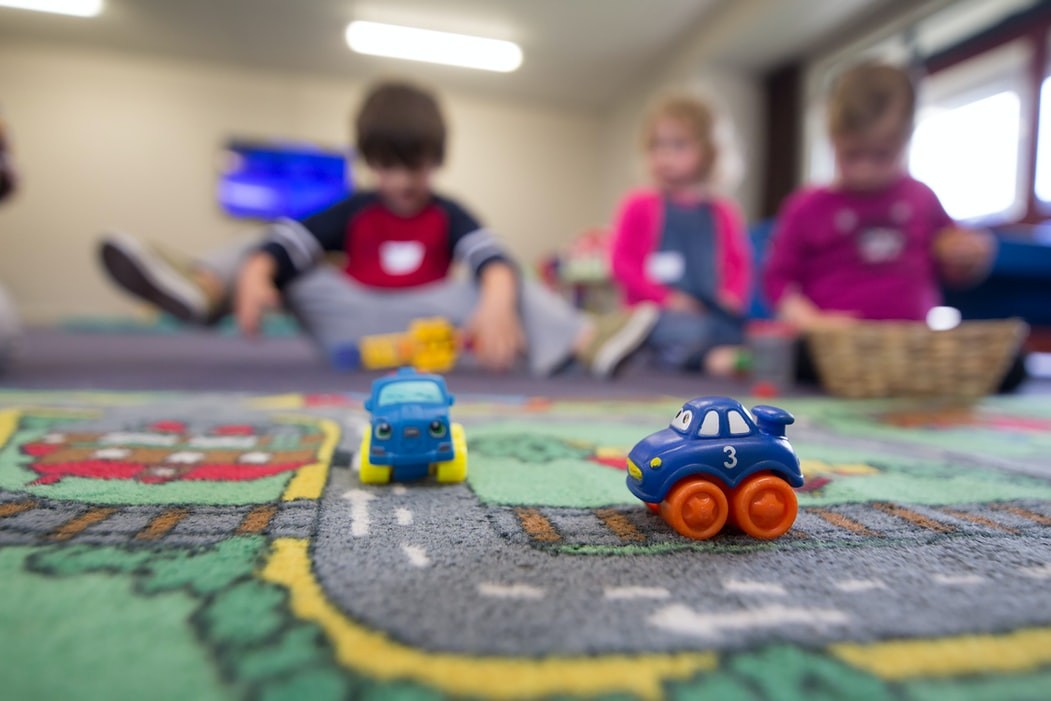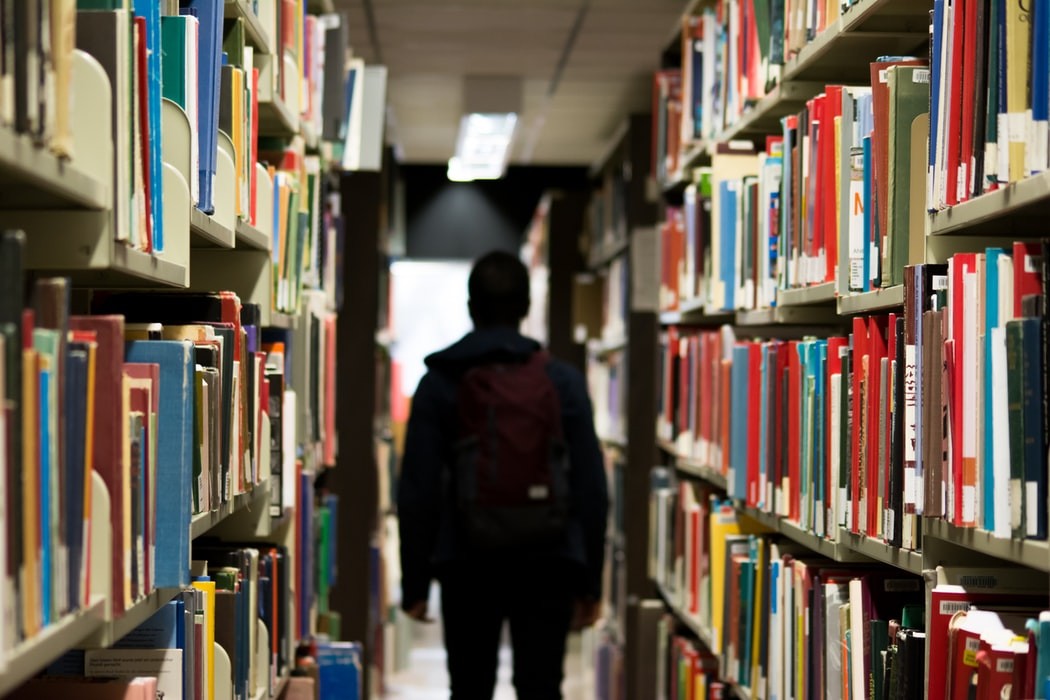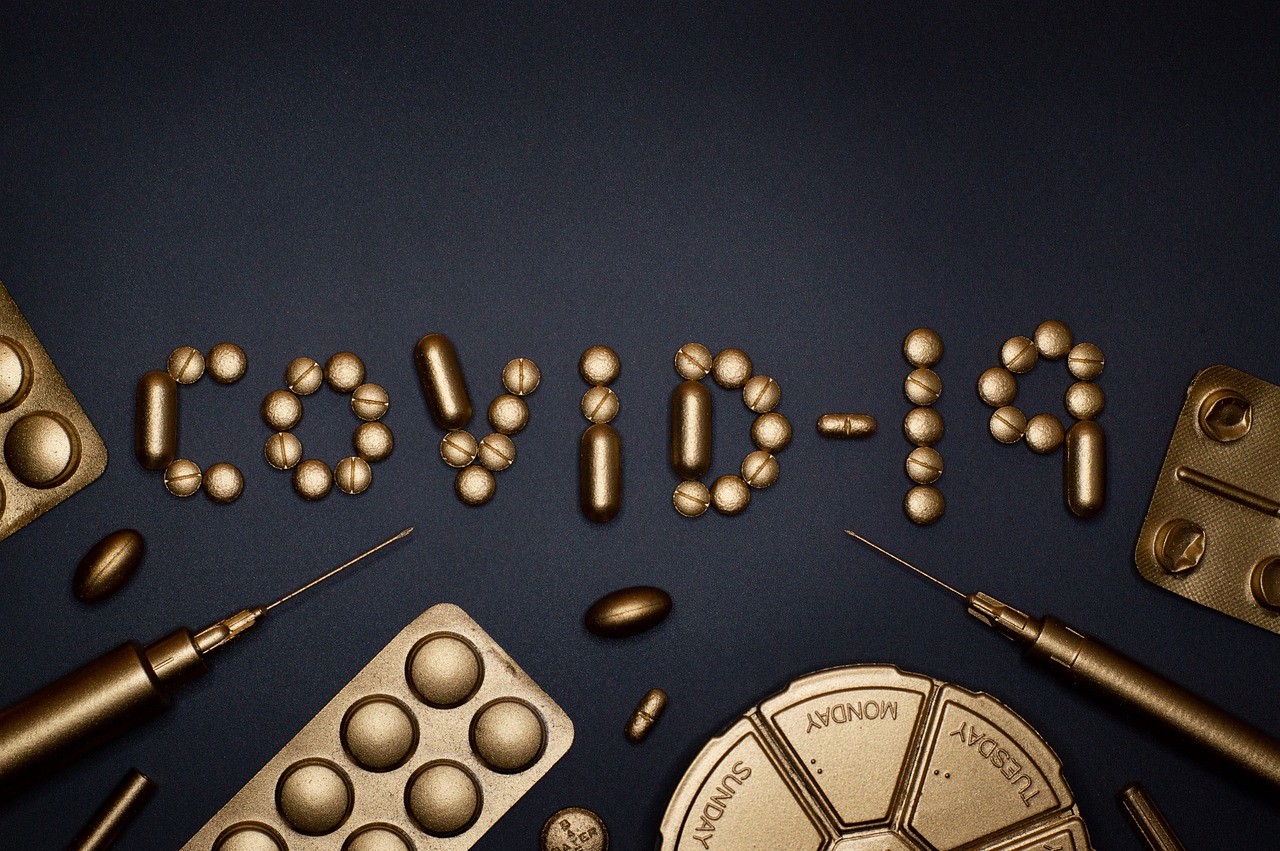The second wave
COVID-19, originating in China, spread very quickly around the world, and in March 2020, the World Health Organization declared it a global pandemic. COVID-19 is an infectious disease caused by the SARS-COV-2 virus, with person-to-person transmission, mainly by respiratory droplets or by direct contact. Prevention measures (hand washing, social distancing and quarantine) have been shown to be effective in significantly reducing transmission. The use of masks, initially involved in controversy, can stop the spread and reduce transmission rates.

It is not yet known whether these measures can keep transmission rates low and whether they can prevent a 2nd wave as a result of the lifting of restrictions imposed during the lockdown. Occasional contacts in bars, restaurants and shopping centres and gatherings could have disastrous consequences, inducing a significant increase in the number of COVID-19 cases, as has happened in some states in the United States of America. Some mathematical models and computational calculations have had an impact on public health policies for the prevention and control of COVID-19. It is anticipated that the postponement in lifting restriction measures, by itself, may be effective in delaying a 2nd wave, but it is ineffective in terms of reducing its magnitude. However, the decrease in the level of occasional contacts and gatherings is effective in delaying the 2nd wave and reducing its scale. In addition to limitations in the frequency and duration of contacts and social distance, the decrease in infectiousness is associated with the use of individual protective equipment, such as masks. For these measures to take effect, they must be considered as a whole and not separately.

On the other hand, it is necessary that the testing strategy for COVID-19 does not lose an appreciable percentage of infected people and that new infections are diagnosed earlier, thus allowing a faster and safer exit from social isolation. Furthermore, an education campaign for the population is essential, so that COVID-19 is not suspected only at an advanced stage (with fever and cough), but at an early stage (muscle pain, fatigue, headache, diarrhoea and rash). Self-isolation at this early stage can reduce the risk of transmitting the infection. It is assumed that if all infections were identified within 48 hours, a 2nd wave could be prevented.
Thus, prolonged confinement is certainly not the answer for future waves of COVID-19. The closure of schools is not sustainable, the economy cannot “cool” down again and the risk of mental illness is a reality.
It has been suggested that in the northern hemisphere, SARS-COV-2 may have some seasonality and that the 2nd wave may arrive in September, peaking at the end of the year. To prevent outbreaks from occurring, it is assumed that short periods of confinement (for example, two weeks), alternating with lifting of two-six week restriction measures, may cut the virus transmission paths. On the other hand, in order to manage a 2nd wave, the population must be kept informed and the permanent monitoring of the reproduction of numbers (Rt) must be complemented by early diagnosis (about 40% to 50% of transmissions occur 1- 3 days before and about a day after the onset of the clinical situation), through identifying the contacts and isolating and protecting the most vulnerable, such as the socially disadvantaged and the elderly.
The return to school

Keeping schools closed can have dire consequences for families and, in particular, for children - regression in academic achievement, increased depression and anxiety, over-reliance on digital technologies, in addition to numerous social problems. For families, thousands of workers depend on schools for the care of children, and their prolonged closure prevents the reopening and sustainability of the economy.
Compared to adults, children are about three times less susceptible to infection, more often asymptomatic and less likely to be hospitalized and die. In the meantime, children must be kept safe at school (with tests available for symptomatic or exposed children and temperature monitoring - these procedures must be conducted in order to avoid stigmatization of positive cases), when traveling to and from school (maintaining physical distance in public transport), with reduced mobility (for example, alternating days with face-to-face classes with others for remote learning, delaying school arrival times, reducing the number of students in classes - in order to maximize the physical distance), with the use of masks on the school premises (however, this may limit some learning efforts, such as phonation assessment), closing libraries and gymnasiums, and also adjusting the breaks for recess in order to avoid mixing students from different classes.
As for meals, the service must be offered at distinct times, tables must have acrylic separators and the seats must be occupied in such a way that students do not face each other.
The desks must be two meters apart, with plastic separators, and a dispenser with an alcohol-based disinfectant must be installed in each classroom and hand washing must be strictly carried out. The premises must be cleaned and disinfected at least once a day (with cleaning staff equipped with appropriate personal protection gear). Particular attention must be paid to door handles, light switches and other frequently touched areas and windows should be open whenever possible for ventilation of all school spaces.

The protection of teachers and other workers who interact with children is imperative, providing them with adequate personal protective equipment and encouraging them to wash their hands frequently. Those who feel most vulnerable to infection should be given the option of remaining in remote work, as long as this is viable.
Regarding older students, in particular those in higher education, the risk is the same as that for the population of young adults. From a general point of view, the same safety rules must be applied, taking into account the specificity of age, in which responsibility must be more demanding.
In short, remote education is an inadequate substitute for face-to-face classes and, in higher education, particularly in medicine, in the clinical years, no other form of learning other than at the patient's bedside is known. At a time when the future of the pandemic remains uncertain, it is imperative that schools are prepared for the new challenges that COVID-19 imposes.
The Uncertainties

The uncertainties regarding the spread of SARS-COV-2 infection and the management of COVID-19 are numerous.
The role of asymptomatic infected people and those in the pre-symptomatic phase, fomites (an object or substance capable of absorbing, retaining and transporting infectious agents), aerosols (those not produced by medical procedures) and faeces in the transmission of SARS-COV-2 is not clear. Ongoing studies evaluate the effectiveness of antivirals in the treatment of COVID-19. Of the antivirals under study, to date, only remdesivir has shown effectiveness, but not in all stages of the disease. Studies are underway (some already in phases 2 and 3) for the development of a safe and effective vaccine. It is not yet known whether the infection provides partial or complete immunity (and, if so, for how long) and whether the results of serological tests can be used as a guarantee that a health worker (or any other) can return, with safety, to work.
Francisco Antunes
Infectious disease doctor at the Institute of Environmental Health of the Faculty of Medicine of the University of Lisbon

